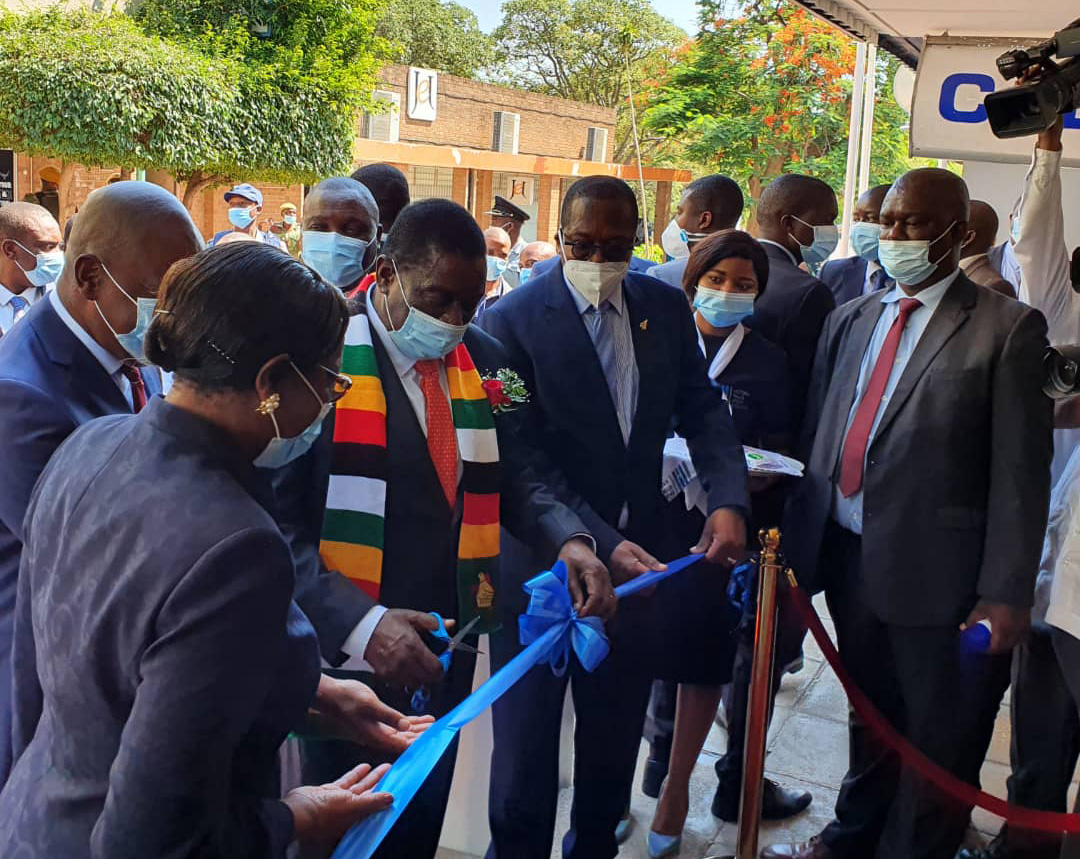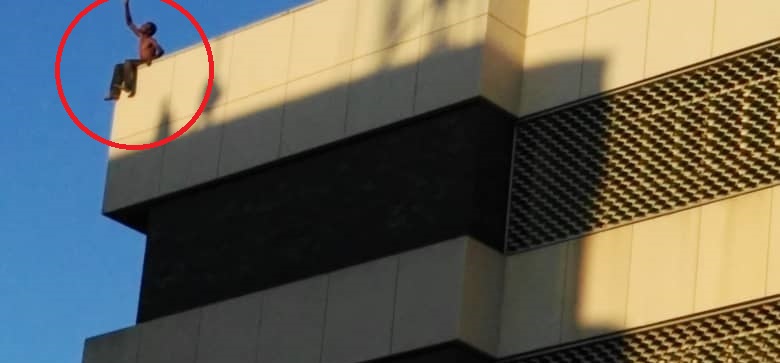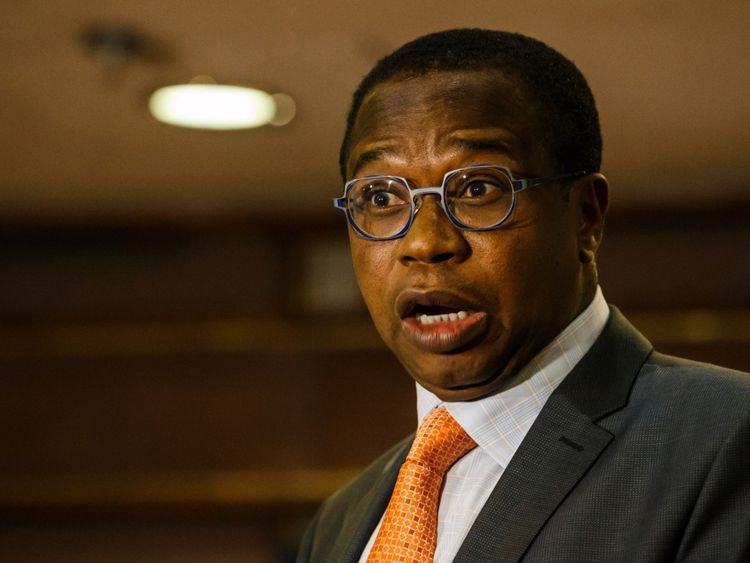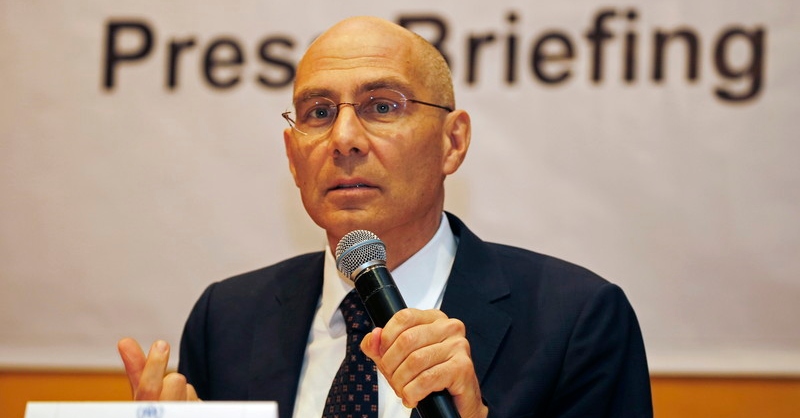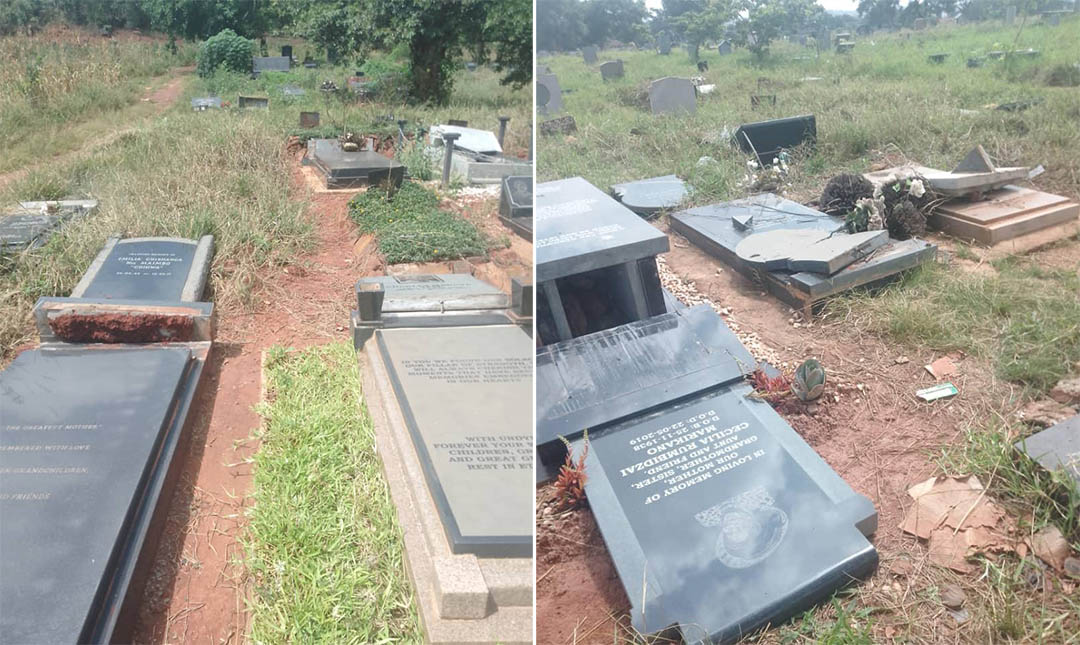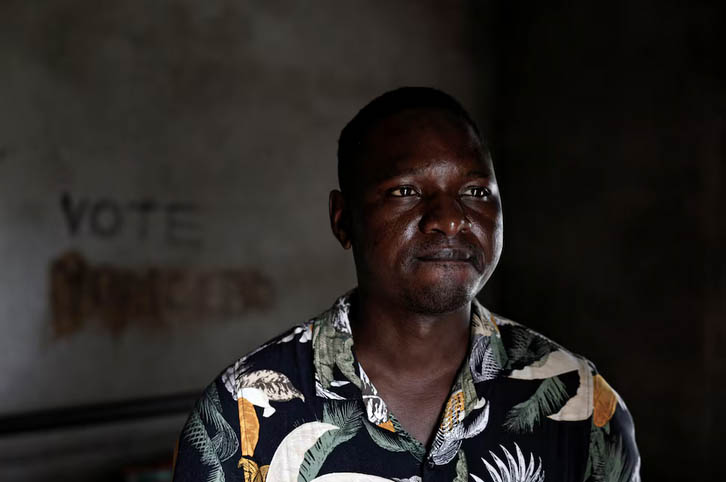BULAWAYO – The Tourism Business Council of Zimbabwe says it is “distressed and disappointed” by President Emmerson Mnangagwa’s decision to impose mandatory quarantine for everyone arriving in the country except diplomats and their families.
The council said the decision, coming after western countries banned flights to the region over a new coronavirus variant first detected in South Africa, was “yet another impediment that hinders efforts to resume normal operations.”
“There is much speculation and in certain areas a lack of clarity on new measures and it is our wish to have the situation fully analysed and made clear,” the council said in a statement.
It vowed to “do all possible to work towards a resolution that protects travel and tourism operators”, adding: “The leadership of the council is distressed and disappointed that yet another hurdle has been placed in our collective way. We will do all we can to resolve this situation so that negative effects are minimised or eliminated.”
President Mnangagwa announced a 10-day mandatory quarantine at own cost for visitors and returning citizens on Tuesday. He said the measures would be reviewed after 14 days.
By Thursday, however, border and airport authorities were yet to implement the directive, blaming poor planning by the government. There were no PCR test laboratories at ports of entry, no designated quarantine centres, no food for those who cannot pay for their quarantine and no transport to take travellers to the quarantine centres, officials said.
Zimbabwe’s tourism sector has suffered over the last two years, starting with national lockdowns imposed since March 2020 which were lifted in June. The industry was on its way to normalisation before the discovery of new variant Omicron by South African scientists triggered worldwide panic as developed countries – led by Britain – banned visitors from Southern Africa and grounded flights.
“We recognise the enormous impact of these decisions on communities, businesses and families, especially at this time of year, which traditionally is a time of family engagement,” the tourism council said.
“It is clear that the local health situation has indeed been faced with an increase in numbers of infected people, but it is our belief that a way forward must be found that minimises the economic impact on our sector while at the same time works towards a stabilisation of the threat to public health. In this regard, we are engaged in discussions with the authorities with a view to having our opinions and advice heard,” it added.
Tourism is one of Zimbabwe’s major foreign currency earners, with an estimated US$1 billion annually in receipts.
Sources at the health ministry said Zimbabwe was likely to start quarantine procedures on Friday, even as border officials – particularly at Beitbridge – warned that it would be impossible to process PCR tests for all arrivals and secure sufficient accommodation for them. They fear there will be congestion and a spike in illegal crossings which would defeat the government’s intentions to keep Omicron at bay.
